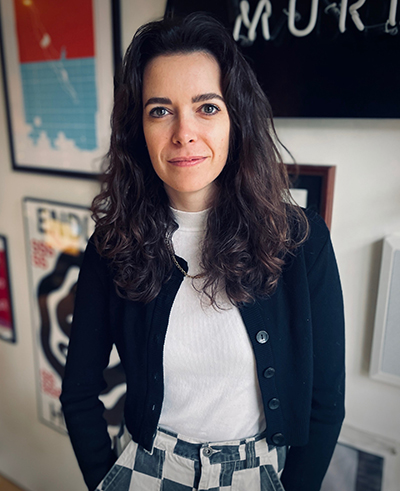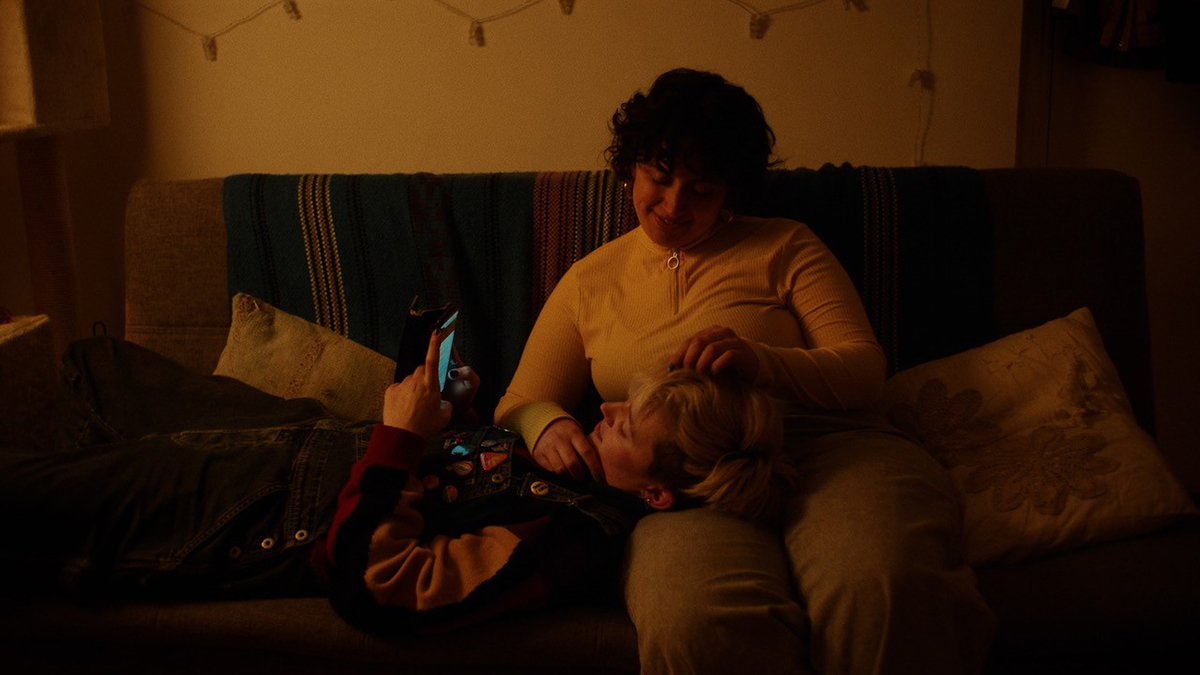
The scheme came at the perfect time for us to carefully evaluate our strategy for growth.
Why did you decide to apply for Future30 and what were you hoping to get out of it?
As a fledgling company we hoped Future30 would help raise awareness for the new business, give us helpful insights into commissioning opportunities, and widden our network, particularly in the TV space.
How has being on the scheme most helped you and your indie over the past two years?
The scheme came at the perfect time for us to carefully evaluate our strategy for growth, and to ensure we were thinking not just on a project to project basis but about the long term growth and sustainability of the business.
Which masterclass session did you find most useful/inspiring and why?
The series of sessions with commissioners was very insightful. No matter how good your commissioner relationships are, it can be easy as an indie to feel like these roles are shrouded in mystique. It was fantastic to be able to engage in such open and honest group discussions and remember that ultimately we’re all here because we love telling stories and entertaining audiences. Jay Hunt and Anna Mensah were particularly inspiring, and their passion for their roles and shows really shone through.
Bringing together people with different models and strengths and perspectives certainly got us thinking more outside the box.
What's it been like having a peer network of other indies (who are all at a similar stage with their businesses) during the scheme?
The Future30 group have been fantastic. The diversity of businesses taking part has been an unexpectedly inspiring element of the scheme. Bringing together people with different models and strengths and perspectives certainly got us thinking more outside the box, gave useful insights and sparked ideas that we can apply to our own business moving forward. We’ve found karaoke partners, dance partners, and who knows, maybe co-production partners too!
What has been the single most beneficial part of being on the scheme?
The opportunity to take time away from the day to day running of the business to regularly reflect on our progress to date and our future goals. Producing is such hard work and it’s easy to let that time for long term strategising slip down your priority list, but it’s fundamental and something we’ll continue to carve out time to do coming out of the scheme.
Have there been any outcomes or developments from being on the scheme that have surprised you or that you hadn't anticipated?
I think that being part of the scheme has helped us realise the value of our unique brand. We founded Teen Club from a shared desire to see more bold, fun, entertaining queer content that would resonate with the experience of young people today. Our motivation was born from a personal passion, but over the course of the time on Future30 we’ve focused our brand objectives, and see the potential to become a leader in that space. Every project we take onto our slate is assessed against not just our personal tastes and interests, but how it aligns with our mission to build that business brand.
One of the joys of working in this industry is that every project feels like embarking on a new adventure.

Life in Love, Teen Club for Woo/ITV X
Over the past two years whilst being on the scheme, how has your indie developed?
When we applied to the scheme we had just launched Teen Club as a joint venue and had one book under option. Since then that book has been co-developed for film with Working Title, with production on the horizon. In 2022 we were commissioned by Woo and ITVX to make an innovative short form series, Life in Love, with director Abel Rubinstein, which is a relationship we hope to continue. This year we were a BBC Small Indie Fund recipient, which has allowed us to develop two new TV ideas with some exciting writing talent. We also optioned another fantastic novel which we are co-developing with the brilliant team at Rapt.
How do you feel you have personally developed as a producer and business owner over the past couple of years?
One of the joys of working in this industry is that every project feels like embarking on a new adventure. With each project - through every rejection, every challenge, every obstacle, and every success - you learn something that you take forward with you, and hopefully start to gain confidence in your competence, even if the lessons will never be applied in exactly the same way again!
Looking ahead, what goals do you have for your indie now that the scheme is over?
World domination for a queer utopia, obviously.
Find out more about Teen Club.
